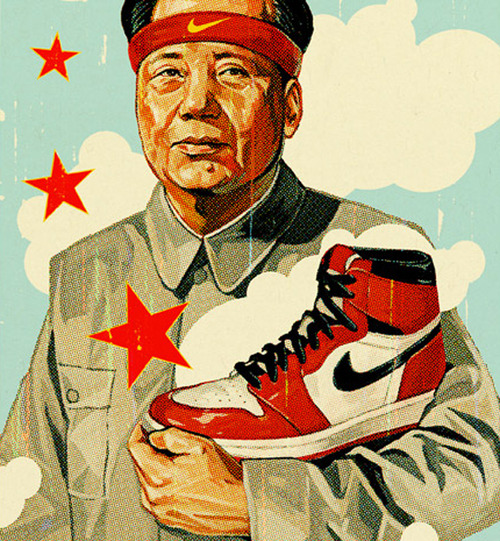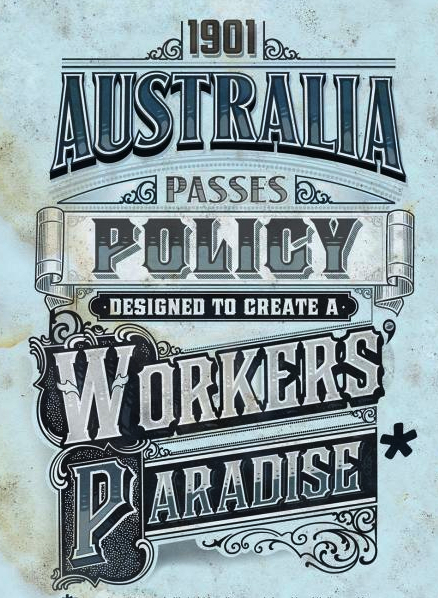
DOUGLAS RUSHKOFF: The Industrial Age was largely about making those jobs as menial and unskilled as possible. Technologies such as the assembly line were less important for making production faster than for making it cheaper, and laborers more replaceable. Now that we’re in the digital age, we’re using technology the same way: to increase efficiency, lay off more people, and increase corporate profits.
While this is certainly bad for workers and unions, I have to wonder just how truly bad is it for people. Isn’t this what all this technology was for in the first place? The question we have to begin to ask ourselves is not how do we employ all the people who are rendered obsolete by technology, but how can we organize a society around something other than employment? Might the spirit of enterprise we currently associate with “career” be shifted to something entirely more collaborative, purposeful, and even meaningful?
Instead, we are attempting to use the logic of a scarce marketplace to negotiate things that are actually in abundance. What we lack is not employment, but a way of fairly distributing the bounty we have generated through our technologies, and a way of creating meaning in a world that has already  produced far too much stuff. The communist answer to this question was just to distribute everything evenly. But that sapped motivation and never quite worked as advertised. The opposite, libertarian answer (and the way we seem to be going right now) would be to let those who can’t capitalize on the bounty simply suffer. Cut social services along with their jobs, and hope they fade into the distance. But there might still be another possibility — something we couldn’t really imagine for ourselves until the digital era. MORE
produced far too much stuff. The communist answer to this question was just to distribute everything evenly. But that sapped motivation and never quite worked as advertised. The opposite, libertarian answer (and the way we seem to be going right now) would be to let those who can’t capitalize on the bounty simply suffer. Cut social services along with their jobs, and hope they fade into the distance. But there might still be another possibility — something we couldn’t really imagine for ourselves until the digital era. MORE
RELATED: Winner of the first Neil Postman award for Career Achievement in Public Intellectual Activity, Douglas Rushkoff is an author, teacher, and documentarian who focuses on the ways people, cultures, and institutions create, share, and influence each other’s values. He teaches media studies at NYU and the New School University, serves as technology columnist for The Daily Beast, and lectures around the world. MORE
[h/t to Uncle Bill]
